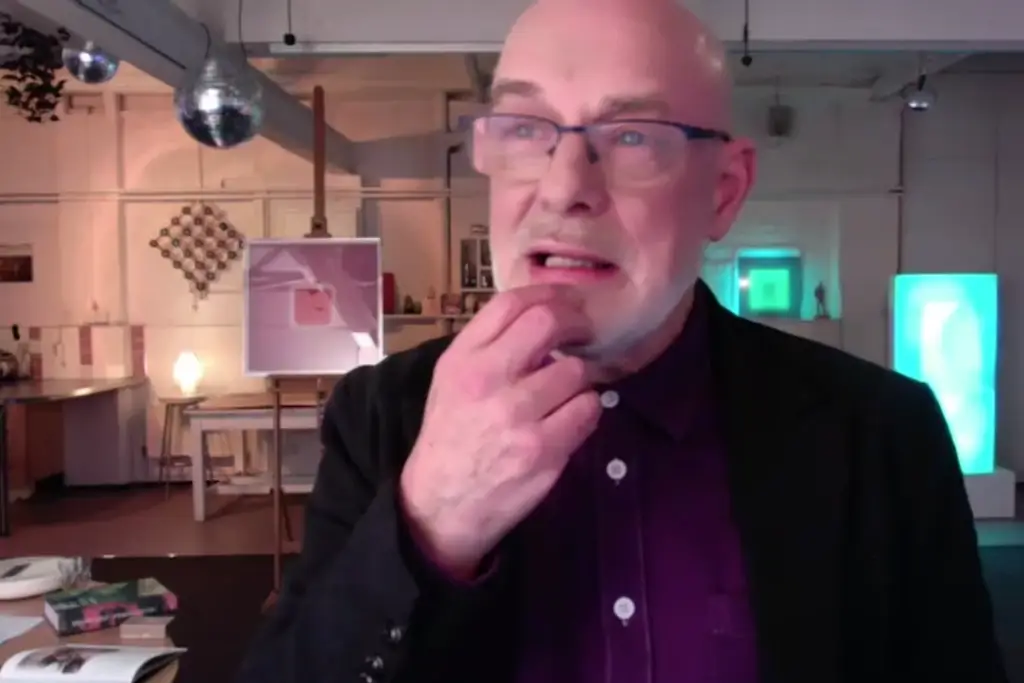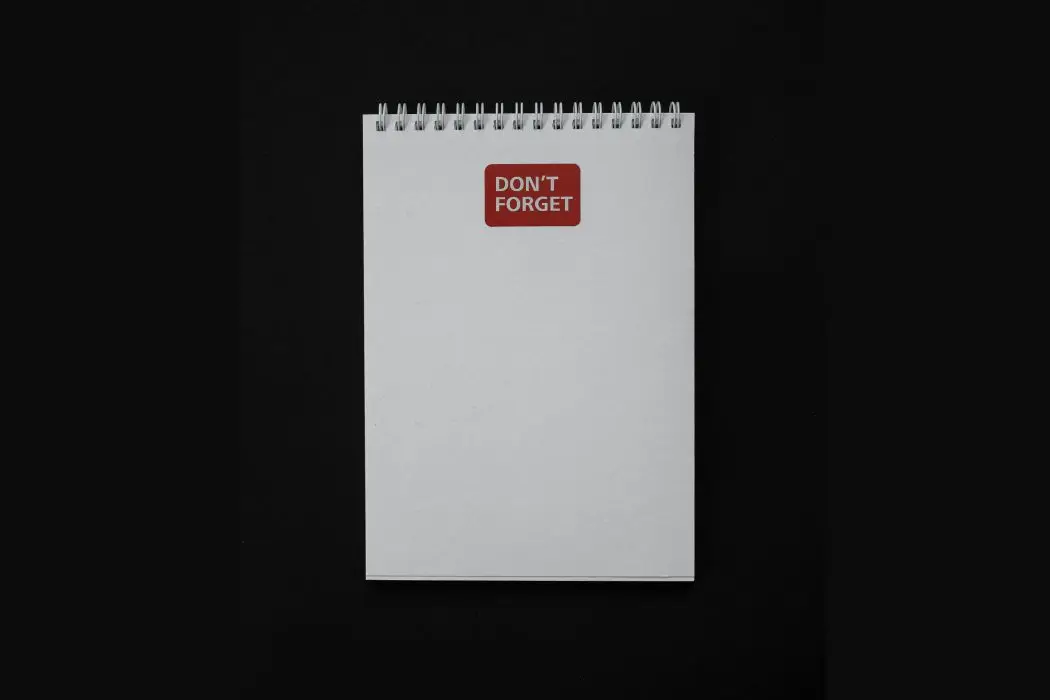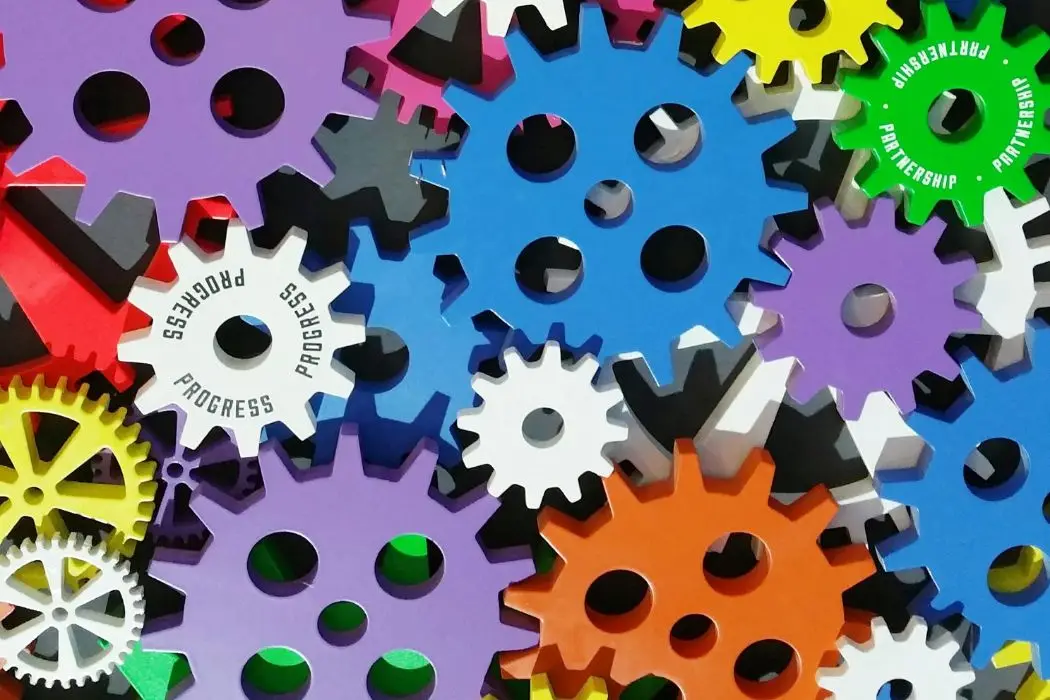Yesterday, I participated in the first session of a month-long songwriting workshop with Brian Eno!
No, I’m not exactly a musician. Maybe one day. But I’m taking the course because Eno is the mastermind behind so much music from my entire conscious life as well as a wizard in creative strategies of all kinds.
Songwriting strategies can also apply to the creative process for writing—even on topics in institutional finance.
Here are some of the gems from Sunday’s session.
- Look at things and listen to them as if they were a strange dream.
- If you do look at things and create in a different way, what have you got to lose?
- The power of having only a very short amount of time to create is that it short-circuits your inner critic.
- “I’ve always hated songs because songs distract you from music.”
- “If your diet is yourself, you start discovering things. In other words, most people start their day in a way that is very uncreative, just waking up and stuffing themselves with input. What if you began by NOT consuming things instead?
- About inspiration—the practice is to keep doing the work. After a while, things will click.
- “Don’t be an obedient shopper.”
- The biggest industries in the world are dedicated to hijacking your attention. It’s a battle to take back and curate that attention.
- There are four ways to innovate:
- Something genuinely new
- Purposefully making something new from what already exists
- Trying and failing to copy something but ending up with something new
- Not doing something that people have always done (leaving something out or abandoning an old assumption)
- The kiss of death for creativity is when some new technology comes out promising that you can do “anything.” Limits have power. Instead, you can choose and experiment with limits.
- The problem with digital is that there’s no friction.
- You can find all sorts of patterns or structures and transpose them to other media and creative practices.
- “What you’re doing as an artist is saying to people, ‘What do you think of a world like this?'”
- “Pay attention to what you’re noticing. Listen to it. That’s where you will find new things.”
- Don’t think about how to get ready to work. Getting ready is going to work.
- We never really understand anything anyway, so we do better when we get comfortable with not understanding and just doing our work.




